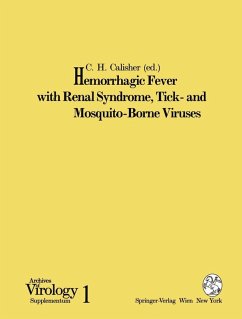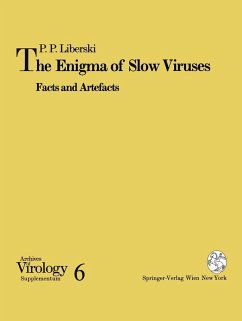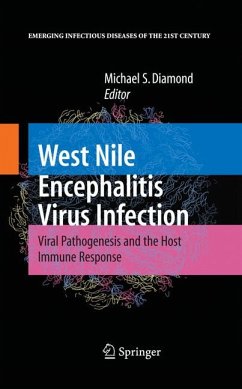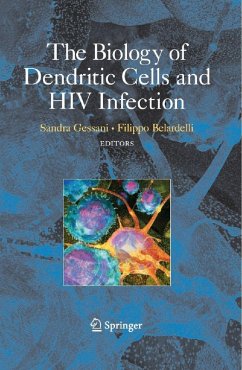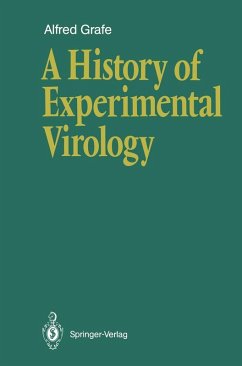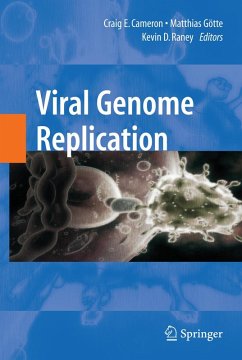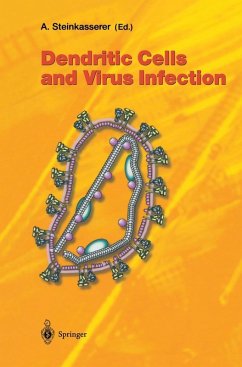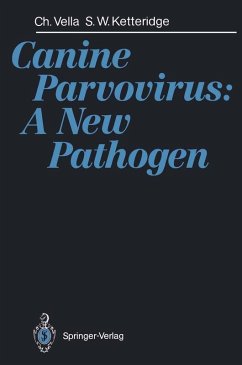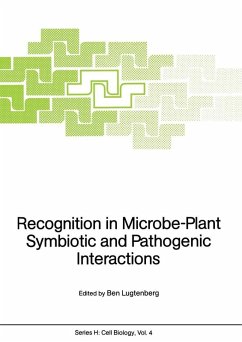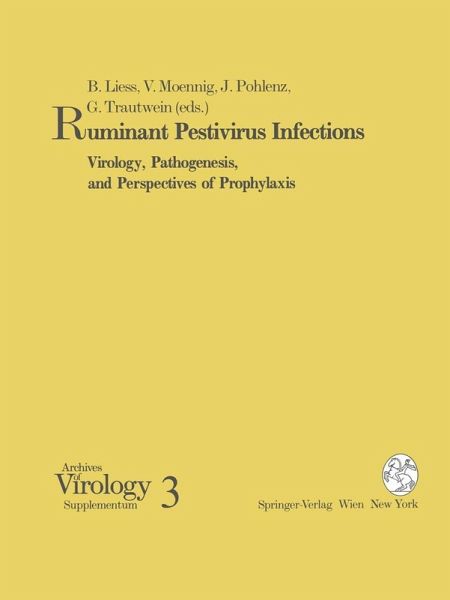
Ruminant Pestivirus Infections (eBook, PDF)
Virology, Pathogenesis, and Perspectives of Prophylaxis
Redaktion: Liess, Bernd; Trautwein, Gerhard; Pohlenz, Joachim; Moennig, Volker
Versandkostenfrei!
Sofort per Download lieferbar
40,95 €
inkl. MwSt.
Weitere Ausgaben:

PAYBACK Punkte
20 °P sammeln!
Findings concerning various clinical manifestations in cattle and sheep have made it clear that pestivirus infections in ruminants have an economic impact similar to hog cholera. Early data justified the classification of pestiviruses as a genus of nonarthopod-borne togaviruses. Since pestiviruses are difficult to work with, progress in understanding the virus and disease gradually came to a standstill because conventional techniques failed to yield further insights. About ten years ago interest in pestivirology was revived by strong impulses of modern biotechnology and a breakthrough in patho...
Findings concerning various clinical manifestations in cattle and sheep have made it clear that pestivirus infections in ruminants have an economic impact similar to hog cholera. Early data justified the classification of pestiviruses as a genus of nonarthopod-borne togaviruses. Since pestiviruses are difficult to work with, progress in understanding the virus and disease gradually came to a standstill because conventional techniques failed to yield further insights. About ten years ago interest in pestivirology was revived by strong impulses of modern biotechnology and a breakthrough in pathogenesis research, i.e. in vitro translation of BVD viral proteins and the ex experimental reproduction of mucosal disease in cattle. In order to summarize and discuss these exciting developments, an international community of pestivirus researchers came together in June 1990 in Hannover (Federal Republic of Germany) for the Symposium "Ruminant Pestivirus Infections: Virology, Pathogenesis and Perspectives on Prophylaxis". This book is a selection of papers presented at this symposium.
Dieser Download kann aus rechtlichen Gründen nur mit Rechnungsadresse in A, B, BG, CY, CZ, D, DK, EW, E, FIN, F, GR, HR, H, IRL, I, LT, L, LR, M, NL, PL, P, R, S, SLO, SK ausgeliefert werden.



